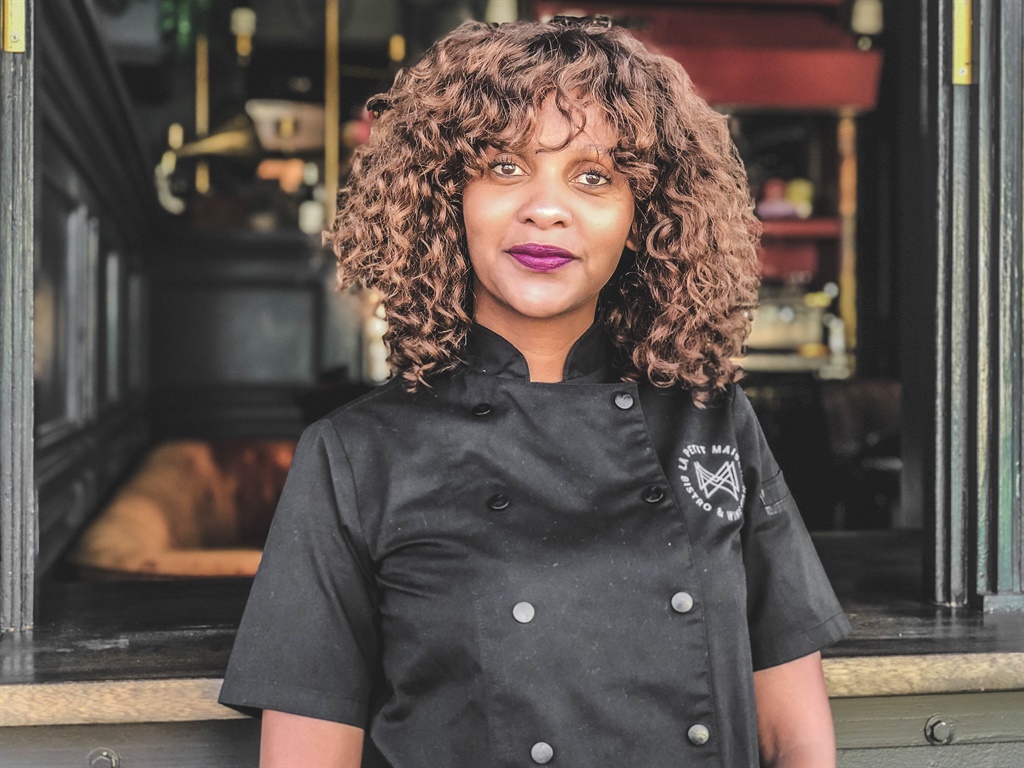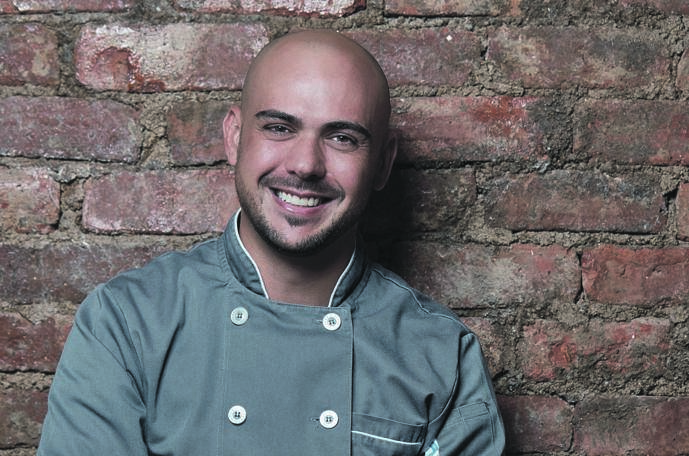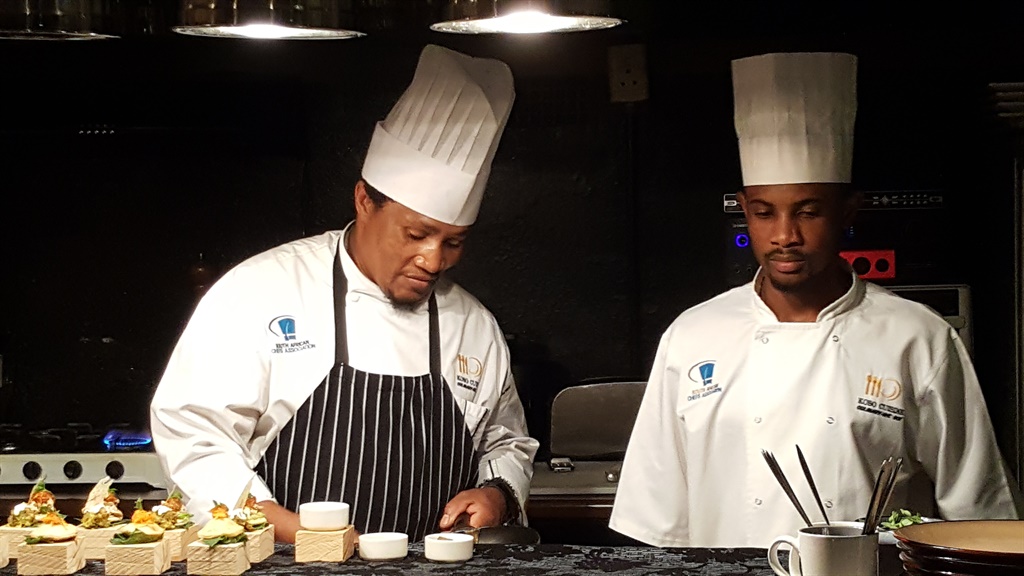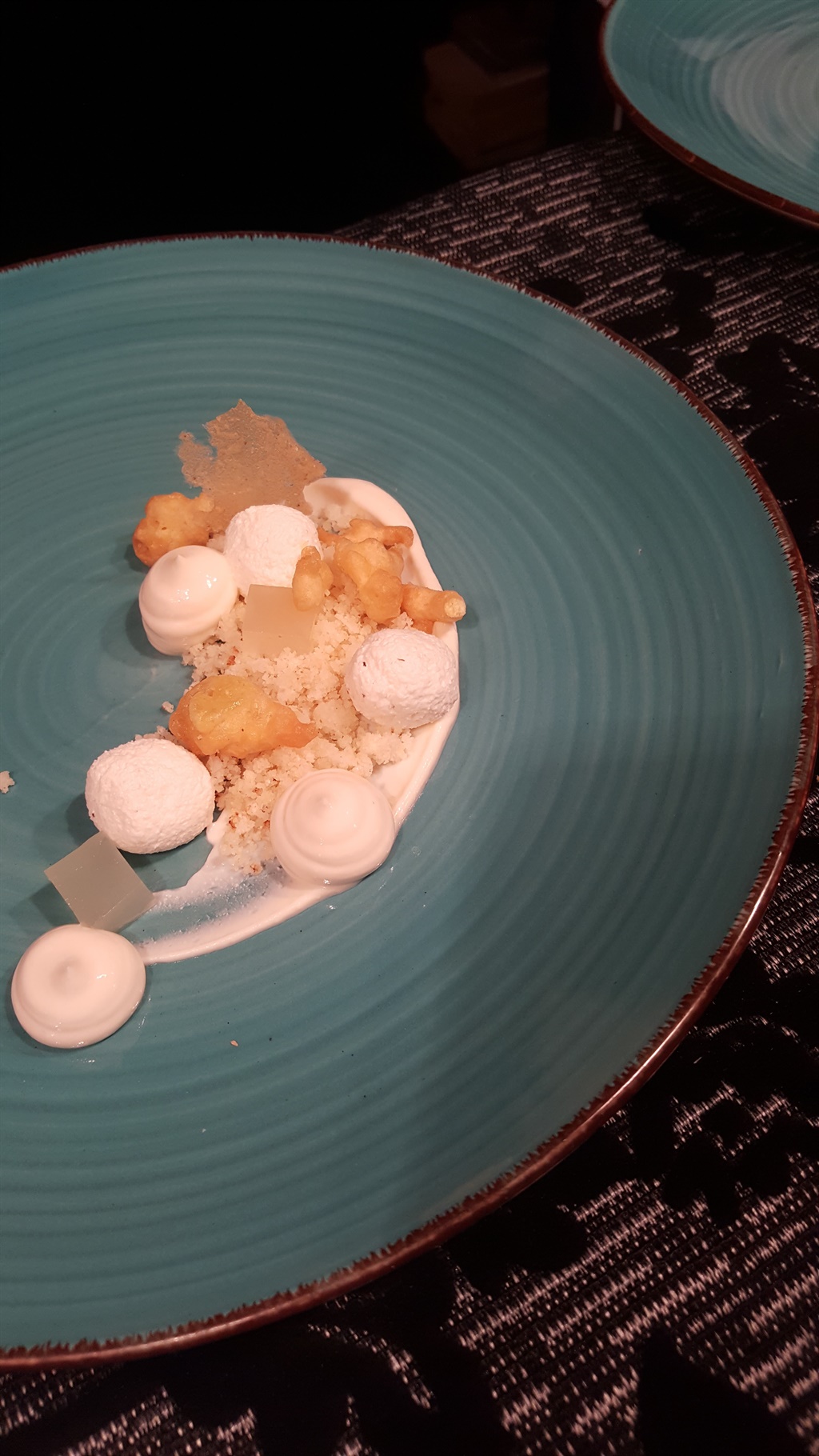
While the restaurant scene in Cape Town remains consolidated mainly by white chefs who cater for the tourist market, the Joburg scene has seen the emergence of a new generation of young, black, chef-patrons merged with an increasingly elegant terroir-specific agenda, writes Anna Trapido.
Food is a form of material culture, which is just a way of saying that we are what we cook, serve and eat.
A society reflects its values and viability in its pots, pans and plates. This is true in situations of deprivation and excess.
Journalists and academics tend to obsess over and intrude into the eating habits of the poor and overlook the anthropological implications of elite behaviour.
The restaurants that rich people eat at are seldom studied – a shame because our palaces of posh nosh tell all sorts of economic, social, political and culinary tales.
For much of the 20th century, Cape Town and Johannesburg followed similar fine-dining trajectories.
In the age of apartheid, only a tiny, racially exclusive elite wined and dined in the restaurants run by white, male, immigrant European chefs. Eurocentric styles requiring many imported ingredients prevailed.
Training of local chefs (black and white) only began in earnest with the currency depreciation and political isolation that occurred after 1976.
In the 1990s, as South Africa opened up to the world, tariff barriers were lowered, intensifying competition.
In Joburg, the new economic environment caused local business to increasingly control costs, resulting in reduced expense accounts and shortened lunch breaks, which significantly reduced restaurants’ profits.
Gradually, all the old-school fine-dining restaurants that had relied on domestic businessmen wining and dining while doing deals fell away.
However, the Cape Town high-end restaurant scene was cushioned and bolstered by a post-apartheid influx of international tourists who brought with them wads of foreign currency and the splash-out special treat mentality that generally accompanies holiday making.
European-born, white male chefs still dominate there and are consolidating their hold over the city and winelands restaurants.
The exception to this is South African-born black chef Reuben Riffel, but he stands alone in a culinary context where Englishman Luke Dale-Roberts presides over four elite epicurean establishments (Salsify at The Roundhouse, Test Kitchen, Pot Luck Club, Shortmarket Club), Scotsman George Jardine has three high-end venues and Irishman Liam Tomlin has four.
Last year, Dale-Roberts, Jardine and Tomlin held 10 of Eat Out’s top 30 restaurant awards.
The Cape consolidation of a few big players is a response to tough times.
One of the problems with a strategy that places international visitors at its heart is that it depends on South Africa’s broader tourism competitiveness.
This season, Cape Town restaurants have been hard hit by lingering perceptions of a water crisis, exchange rate fluctuations and Brexit anxiety, causing a significant reduction in international tourists.
Conversely, Joburg posh nosh seems to be making a comeback.
The European chefs of old have died or emigrated, and young black chef-patrons have emerged with an increasingly elegant terroir-specific agenda.
Part of what has allowed such small businesses to survive in tough economic times is significant use of local ingredients, which reduces their vulnerability to exchange rate-linked volatility of prices.
At La Petite Maison (maisonmelville.co.za), chef Tyeya Ngxola pairs baobab aïoli with venison tartare.
At NCW (ncwrestaurant.com), chef Ence Willemse creates each month’s menu with a local visual artist whose work is then hung in the superstylish restaurant.
John Vusi Mfupi’s collages and vibrant colours are inspiring the gloriously ebullient five-course tasting menu.
At Epicure (epicurerestaurant.co.za), Burundian chef Coco Reinarhz showcases Joburg’s Pan-African identity with dishes such as slow-roasted guinea fowl in bissap rouge hibiscus jus with pomegranate-jewelled mabele and plantain fritters.
Most exciting is the work of chef Siya Kobo at Maboneng’s Kobo Kitchen (Kobo Cuisine on Facebook), where authentic and respectful interpretations of traditional Xhosa recipes are instantly recognisable but also utterly transformed.
Chef Kobo’s umphokoqo holds on to completely classic flavours, but the raw milk, calabash-soured amasi is separated into exquisite, soufflé-light clouds of curd and glorious cubes of tart, clear whey jelly.
The accompanying hand-ground crumbly maize is adorned with wisps of skokoko.
This is how economically sustainable Egoli-inspired epicurean art is revealing itself.




 Publications
Publications
 Partners
Partners











